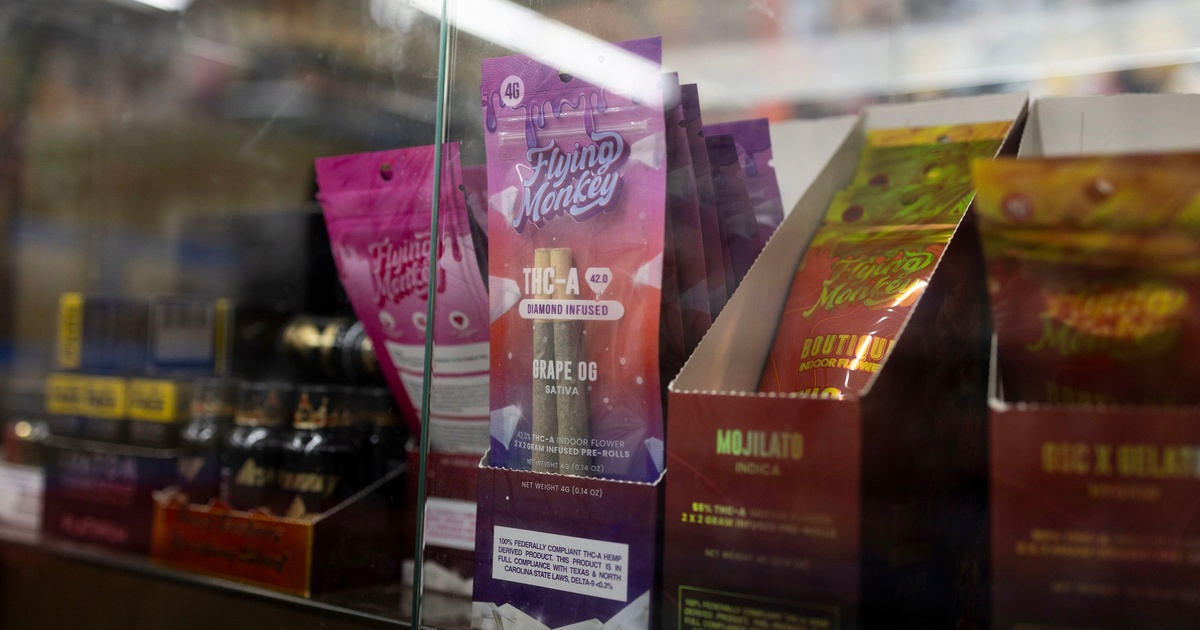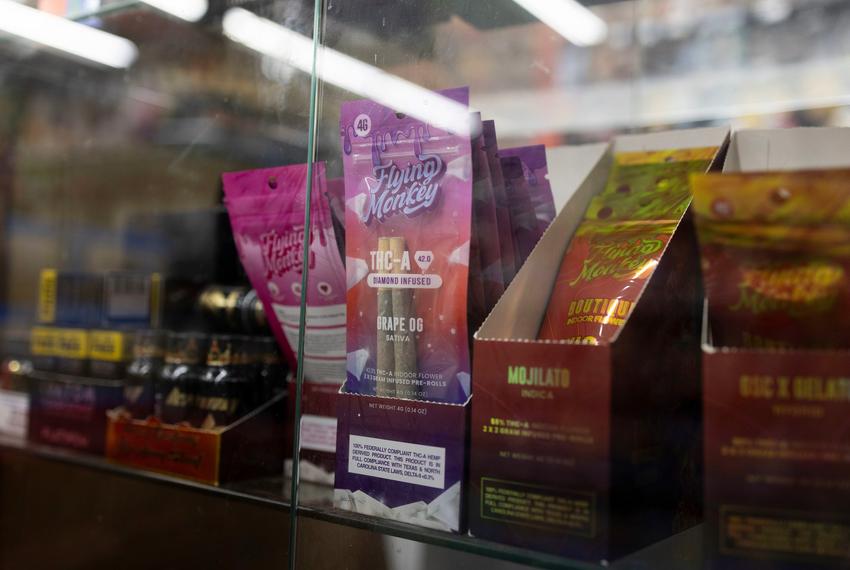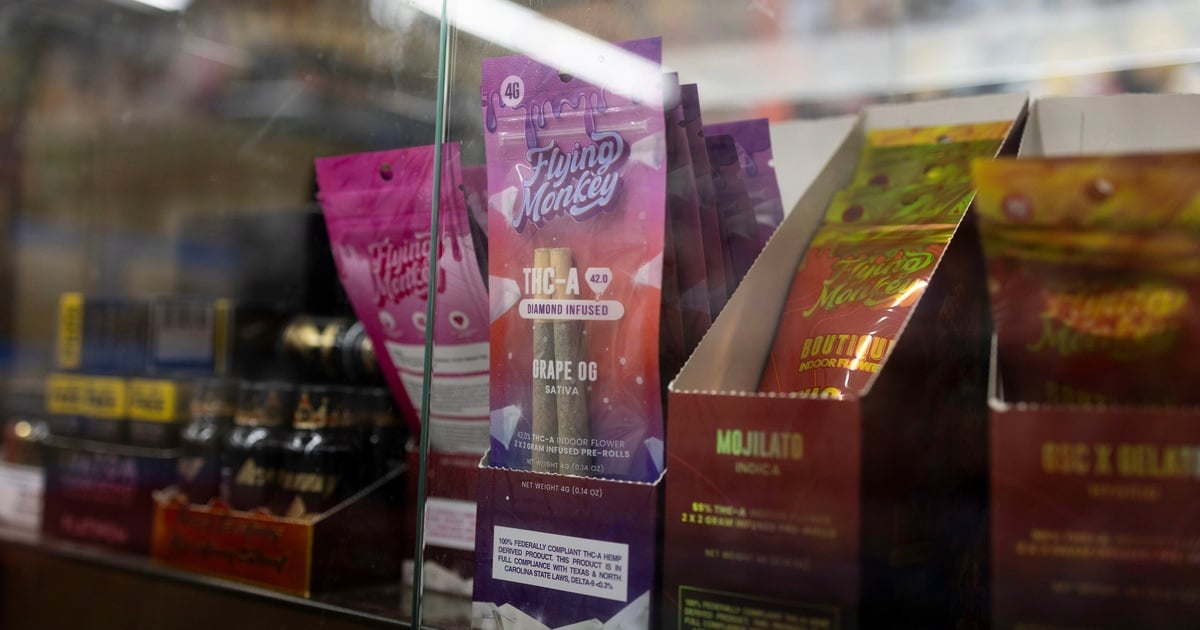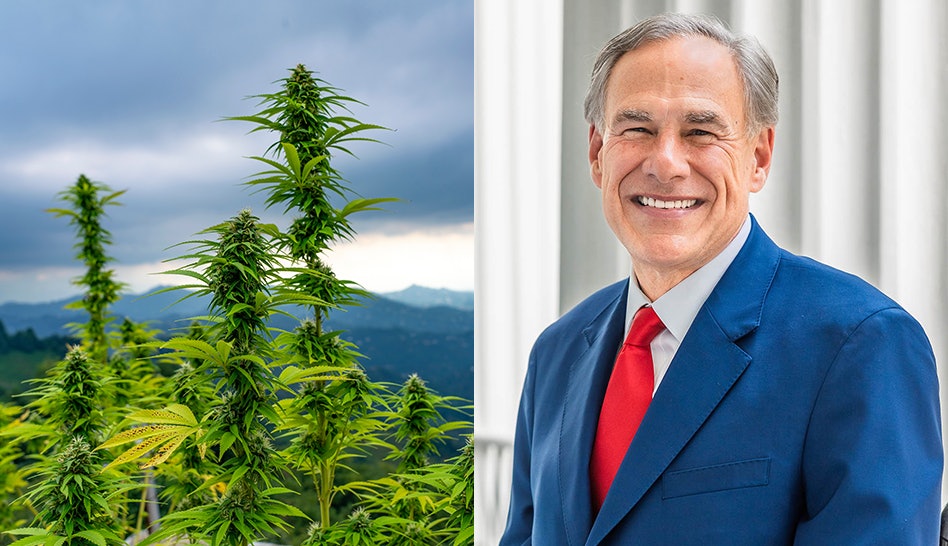## Hold Up, Texas! Gamers Say “No” to Hemp THC Ban
Texas, land of cowboys, barbecue, and… bureaucratic battles over cannabis? You read that right. The Lone Star State has been making headlines lately, not for its booming gaming scene, but for a controversial attempt to ban hemp-derived THC. But before you picture politicians rounding up gamers and confiscating their carts, let’s break down what’s really going on.

Turns out, Texans are fighting back against this proposed ban, and gamers are at the forefront. Why? Because the gaming community understands the potential of hemp-derived THC, its impact on creativity, and its role in creating a more inclusive and relaxed gaming environment.

THBC Takes a Stand: Campaigning for Veto and Highlighting the Dangers of Prohibition

The Texas Hemp Business Council (THBC) is leading the charge against Senate Bill 3 (S.B. 3), a controversial piece of legislation that seeks to ban hemp-derived products containing THC in Texas. Recognizing the potential economic and social consequences of such a ban, the THBC has launched a multifaceted campaign to persuade Governor Greg Abbott to veto the bill.
The THBC’s efforts have included delivering thousands of handwritten letters and petitions to the Governor’s office, garnering over 118,000 signatures from concerned Texans. They argue that S.B. 3 would not only cripple the state’s burgeoning hemp industry, which supports approximately 53,000 jobs and contributes billions to the Texas economy, but would also force consumers to seek out unregulated and potentially dangerous products on the black market.

Beyond Profits: Hemp as a Safe Alternative – Addressing Addiction and Public Health Concerns
The THBC emphasizes that hemp-derived products offer a viable alternative to more harmful substances, particularly for those struggling with opioid addiction. They point to the fact that many veterans and individuals with chronic pain have found relief through the use of hemp-based products, which are often less addictive and have fewer side effects than traditional pharmaceuticals. They argue that banning these products would only exacerbate the opioid crisis and further endanger public health.

Political Wrangling: Patrick’s Stance and Abbott’s Silence
The debate over S.B. 3 has exposed a deep divide within the Texas political landscape, with Lieutenant Governor Dan Patrick spearheading the push for prohibition and Governor Abbott remaining conspicuously silent on his stance.

Lt. Gov. Patrick’s Aggressive Rhetoric: Accusations and Concerns About Youth Access
Patrick has been a vocal proponent of S.B. 3, frequently making inflammatory statements about the dangers of hemp-derived products and accusing the industry of targeting children with their marketing. He has also expressed concerns about the potential for these products to lead to increased drug use and addiction among young people.
During a recent press conference, Patrick displayed a table of various hemp-derived products, claiming that their labels were inaccurate and that they contained more than the allowable 50 milligrams of THC per serving allowed under current Texas law. He also accused the media of failing to take the issue seriously and of being swayed by the influence of the hemp industry.

The Governor’s Dilemma: Weighing Political Pressure Against Public Opinion
Governor Abbott, on the other hand, has yet to publicly endorse or oppose S.B. 3. This silence has been interpreted by some as a sign that he is weighing the political pressure from Patrick and other conservative lawmakers against the growing public support for hemp legalization and regulation.
Several recent polls, including one commissioned by the THBC and conducted by Ragnar Research Partners, have revealed that a majority of Texans, including a significant number of Republican voters, oppose a complete ban on hemp-derived THC products. They favor a more balanced approach that allows for responsible use and consumption while ensuring consumer safety and preventing youth access.

A Game of Chicken: Will Abbott Sign the Ban or Listen to the People?
The situation has created a tense standoff between the Governor and the THBC, with both sides seemingly prepared to hold their ground. Abbott has until June 22nd to sign, veto, or allow S.B. 3 to become law without his signature. This deadline has added urgency to the debate, as the fate of the Texas hemp industry and the well-being of its countless stakeholders hang in the balance.
Exploring the Future: Regulation vs. Prohibition
The debate over S.B. 3 is not just a Texas issue; it reflects a broader national conversation about the role of government in regulating the cannabis industry, including hemp-derived products.
The National Landscape: Examining Approaches to Hemp Regulation in Other States
Across the US, states are taking divergent approaches to hemp regulation, with some embracing legalization and others opting for stricter control measures. While some states, like Texas, are considering outright bans, others have implemented comprehensive regulatory frameworks that allow for the legal cultivation, production, and sale of hemp-derived products, including those containing THC.
For example, states like Colorado and California have created thriving hemp industries, generating significant economic benefits and providing consumers with safe and regulated access to a variety of hemp-based products. These states have demonstrated that it is possible to balance public safety concerns with the economic and social benefits of hemp legalization.
Finding Common Ground: The Need for Balanced Legislation and Responsible Consumption
The Gamestanza team believes that a balanced approach to hemp regulation is crucial for protecting public health, fostering economic growth, and respecting individual liberty. We advocate for legislation that:
- Allows for the legal and regulated production and sale of hemp-derived products, including those containing THC.
- Establishes clear age restrictions and prevents youth access to these products.
- Ensures product safety and quality through rigorous testing and labeling requirements.
- Promotes responsible consumption and public education about the potential benefits and risks of hemp products.
Gamestanza’s Take: How Hemp Policy Impacts the Gaming Industry and Player Community
For the gaming industry, the legalization and regulation of hemp products, including CBD, present both opportunities and challenges. On the positive side, hemp-derived CBD has gained popularity as a natural alternative to pharmaceuticals for managing stress, anxiety, and sleep disorders, issues that can impact gamers who often experience long hours and intense gameplay.
However, the debate over hemp legalization and THC regulations raises concerns about the potential for impairment and its impact on gaming performance and responsible play. Gamestanza believes that clear and consistent regulations are essential for ensuring a safe and enjoyable gaming environment for all players.
We support policies that promote responsible consumption, educate gamers about the potential risks and benefits of hemp products, and prevent underage access. We also advocate for research and education initiatives that explore the potential of hemp-derived compounds, including those found in CBD, to enhance cognitive function, reduce anxiety, and improve overall well-being for gamers.
Conclusion
The resounding rejection of Texas’s attempt to ban hemp THC sends a powerful message: voters are demanding legal access to cannabis and its derivatives. The article highlights the overwhelming public support for hemp-derived products, driven by their potential medicinal benefits, economic opportunities, and growing acceptance within society. Texans, it seems, are ready to embrace a more progressive and inclusive approach to cannabis, one that recognizes the distinction between hemp and marijuana while acknowledging the value of both.
This victory for hemp advocates has significant implications for the future of cannabis legalization in Texas. It demonstrates a growing appetite for change and challenges lawmakers to reconsider their stance on cannabis policy. The ongoing fight for full legalization might gain further momentum, fueled by this victory and the continued pressure from the electorate. Moreover, the decision sets a precedent for other states grappling with similar issues, showcasing the power of public opinion in shaping cannabis laws.
The future of cannabis in Texas is brighter than ever. This isn’t just about hemp; it’s about individual freedom, economic growth, and a society that embraces informed choices and progressive policies. The question now is: will Texas’s lawmakers listen to the will of the people and usher in a new era of cannabis acceptance, or will they remain stuck in the past? The answer, ultimately, lies in their hands.